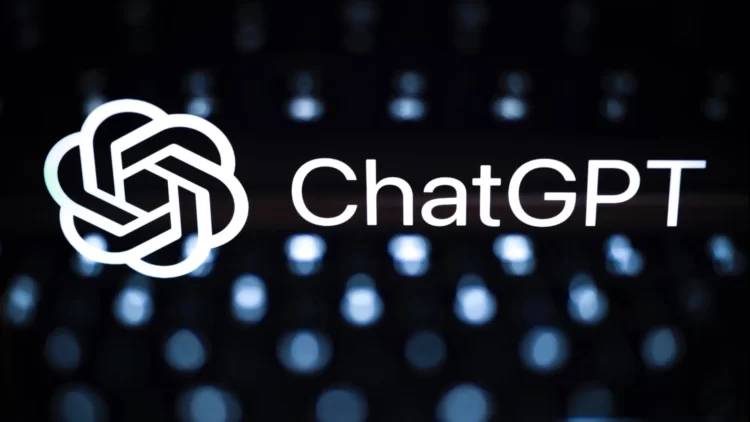The question of whether is ChatGPT plagiarism free is one that occupies the minds of numerous college students as getting work done with the chatbot is becoming more and more popular. However, the question is not that easy to answer, as even the definition of plagiarism is not definite.
Plagiarism has long been a problem for academics, bloggers, publishers, and many other groups. Emerging technologies frequently upend and reverse established practices. Yet, the concept of plagiarism itself is currently being rethought and examined in light of the development of AI chatbots and language models.
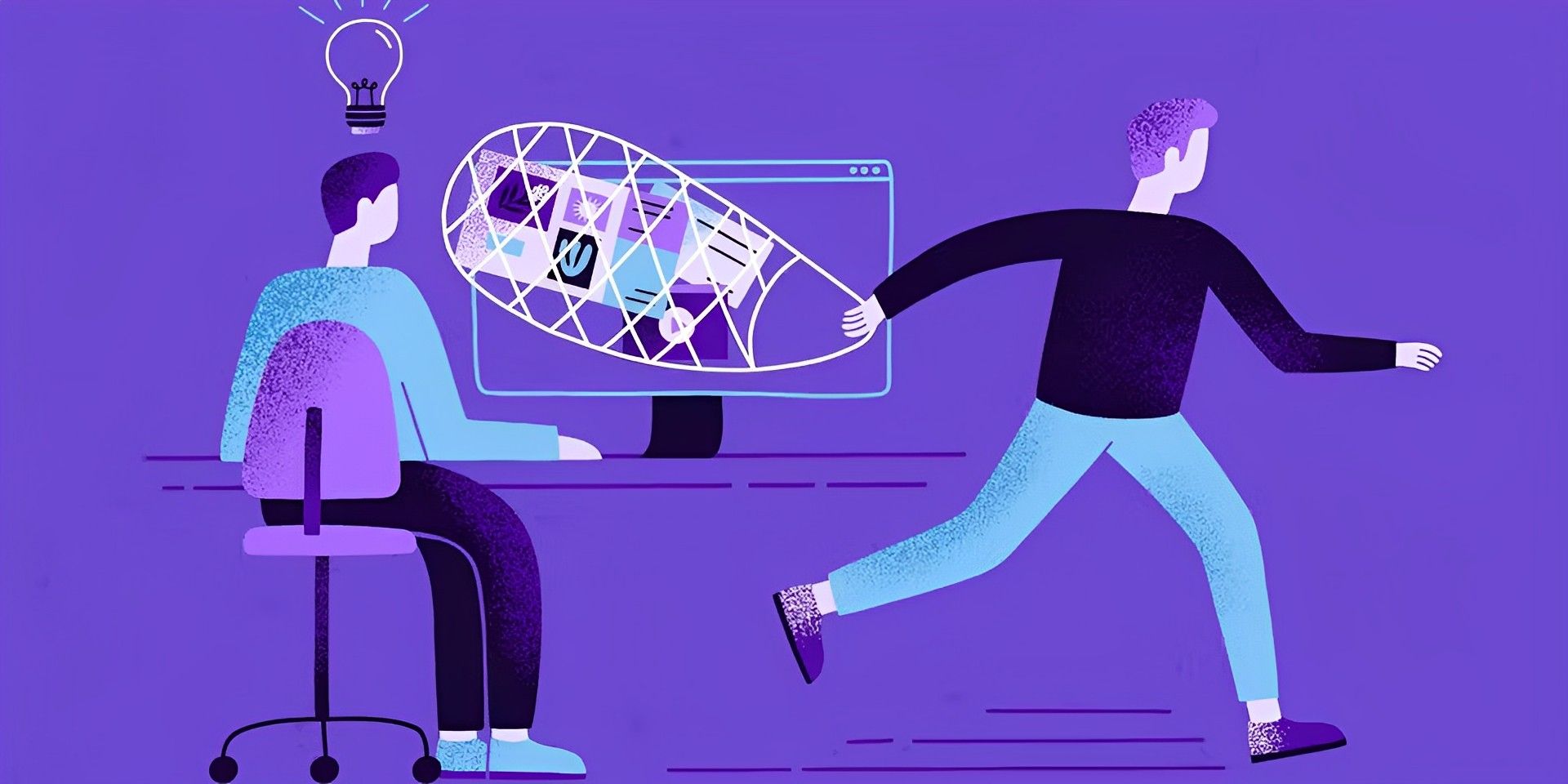
Users of ChatGPT have started debating whether using ChatGPT is plagiarism, whether it be for a job or education. There are no easy solutions. But a fact-based dialogue is required to have a good conversation. A few points concerning ChatGPT, plagiarism, and what it all implies for the modern world will be placed into perspective below.
So is ChatGPT plagiarism free?
One must first comprehend what plagiarism is and is not before we can move on. The dishonest depiction of another person’s language, thoughts, ideas, or expressions as one’s own unique work is known as plagiarism, according to the most common definition.
The most extreme type of plagiarism is probably copying someone else’s words verbatim. Less heinous forms include paraphrasing and, depending on the institution, copying concepts. Depending on the institution’s policies and evolving definitions, it may or may not flag an article as containing plagiarism.
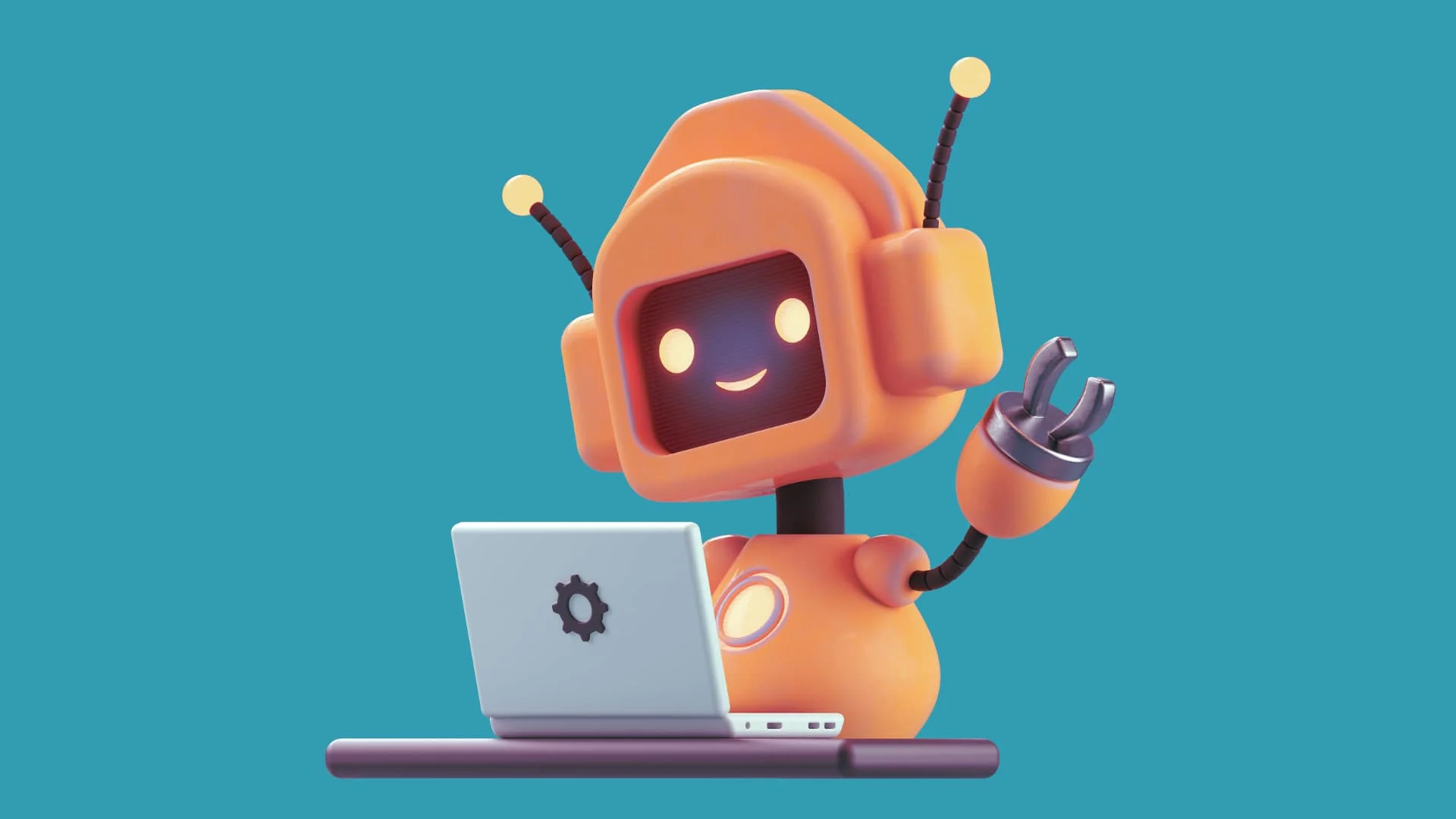
Easy access to information had ruffled many feathers in the early days of Google and Wikipedia, just as ChatGPT is doing now. Although the question of whether is ChatGPT plagiarism free confuses many, people largely agree that ChatGPT streamlines and improves the research process. Universities and content writing pros alike are concerned about ChatGPT’s ability to write full-length articles and essays at any grade level, in any style, and without using many common plagiarism detection technologies. Anyone who has even a passing familiarity with ChatGPT can pass off AI-generated content as their own in the absence of trustworthy AI detectors.
How does ChatGPT generate content?
A sizable corpus of data from books, academic papers, and the internet is used to train ChatGPT. ChatGPT reads over the content that is accessible and analyzes it to determine the word selections, sentence construction, paragraph arrangement, and topical relevancy. In a nutshell, it is doing what people do, which is to comprehend a subject and define it. That isn’t necessarily plagiarism.
Is ChatGPT plagiarism free then?
The answer to the question is ChatGPT plagiarism free is yes, in the conventional sense! Using ChatGPT does not constitute plagiarism. Most of the time, you won’t notice ChatGPT producing stuff that appears to be someone else’s creation.
Universities and subject-matter experts, however, are redefining what plagiarism is. In the past, plagiarism essentially meant presenting someone else’s work as your own, whether it was paraphrased or obvious word-for-word copying. The basic idea was that you depended on someone else’s work that you plagiarized rather than doing the labor that went into the essay. Yet with ChatGPT, you don’t replicate anyone else’s published work; instead, you rely on the GPT LLM to perform the labor-intensive job for you.
Actually, ChatGPT replies are new each time. Just asking two people to respond to the identical prompt in ChatGPT will allow you to test this. Differentiated responses are always given.
If you ask ChatGPT the same question again within the same chat session, the answer will still be relevant. On ChatGPT, the ‘Regenerate Answer’ button essentially emphasizes the same concept.
Can you write content for your client using ChatGPT?
It ought to be alright most of the time. But, you shouldn’t be violating the terms of the contract if your client has directly instructed you not to use ChatGPT or if they are searching for original human-written content. The majority of customers already prefer reading articles created by actual people rather than ChatGPT. As a result, you ought to assume that they expect you to write the material yourself if they say nothing else. However, you might find this article interesting: AI chatbot ChatGPT could disrupt job market, warns OpenAI CEO
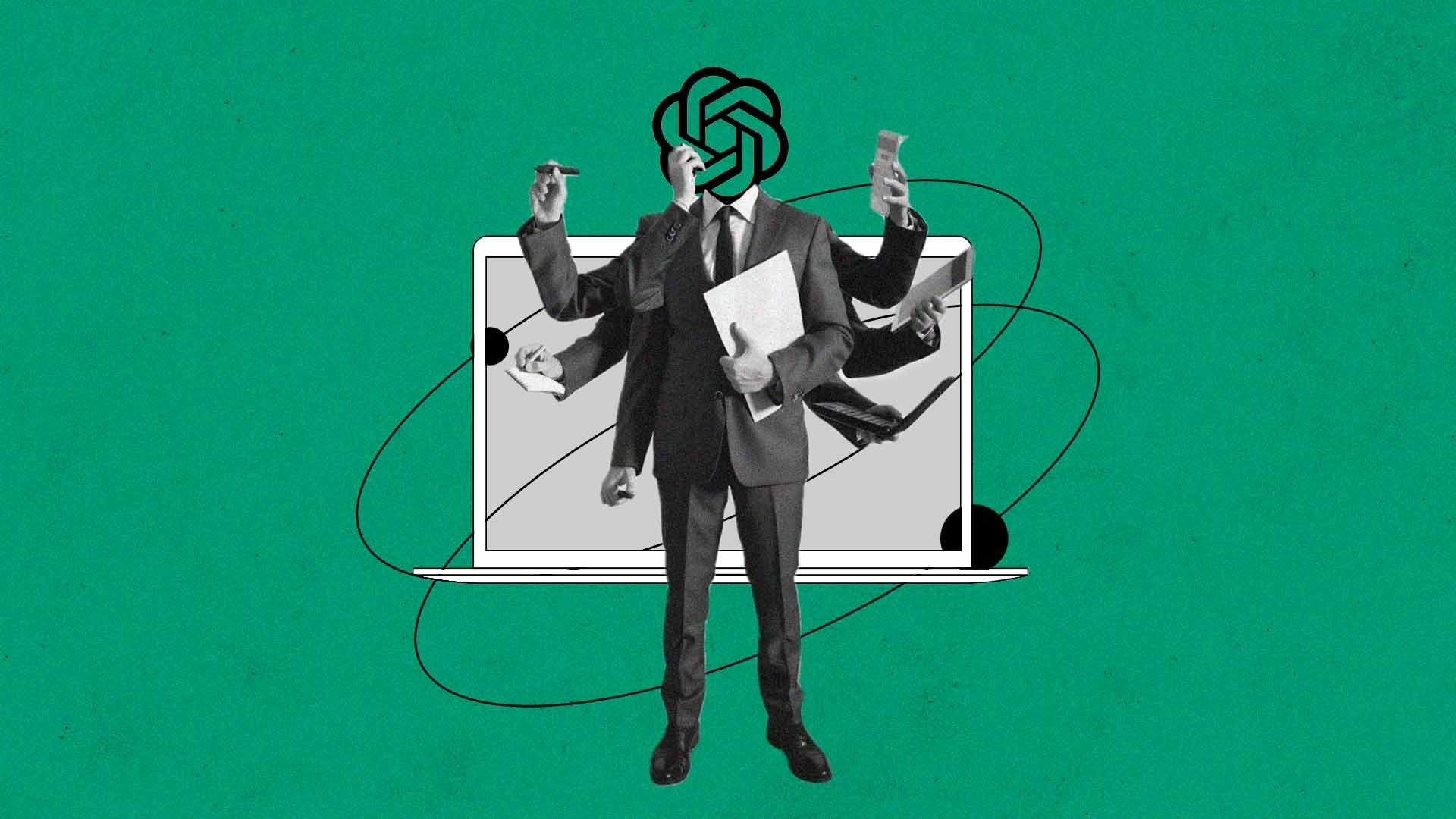
ChatGPT detection tools
A few AI detection tools, like GPT-Zero, OpenAI Text Classifier, and Copyleaks AI Content Detector, have been developed in response to the worry that professionals and students will use ChatGPT to cheat their way through a project or a gig. These ChatGPT detection tools may be useful if you have cause to believe that someone is passing off ChatGPT-generated content as their own, which is what plagiarism has devolved into. Be aware, too, that these tools are still catching up to the most recent GPT iterations and may even mark some human-written text as artificial intelligence (AI)-generated.
Can teachers detect if you use ChatGPT?
Depending on how technologically competent your teachers are, they might be able to tell if you utilize ChatGPT by comparing the work to your earlier efforts to check for inconsistencies or jumps in language and ideas.
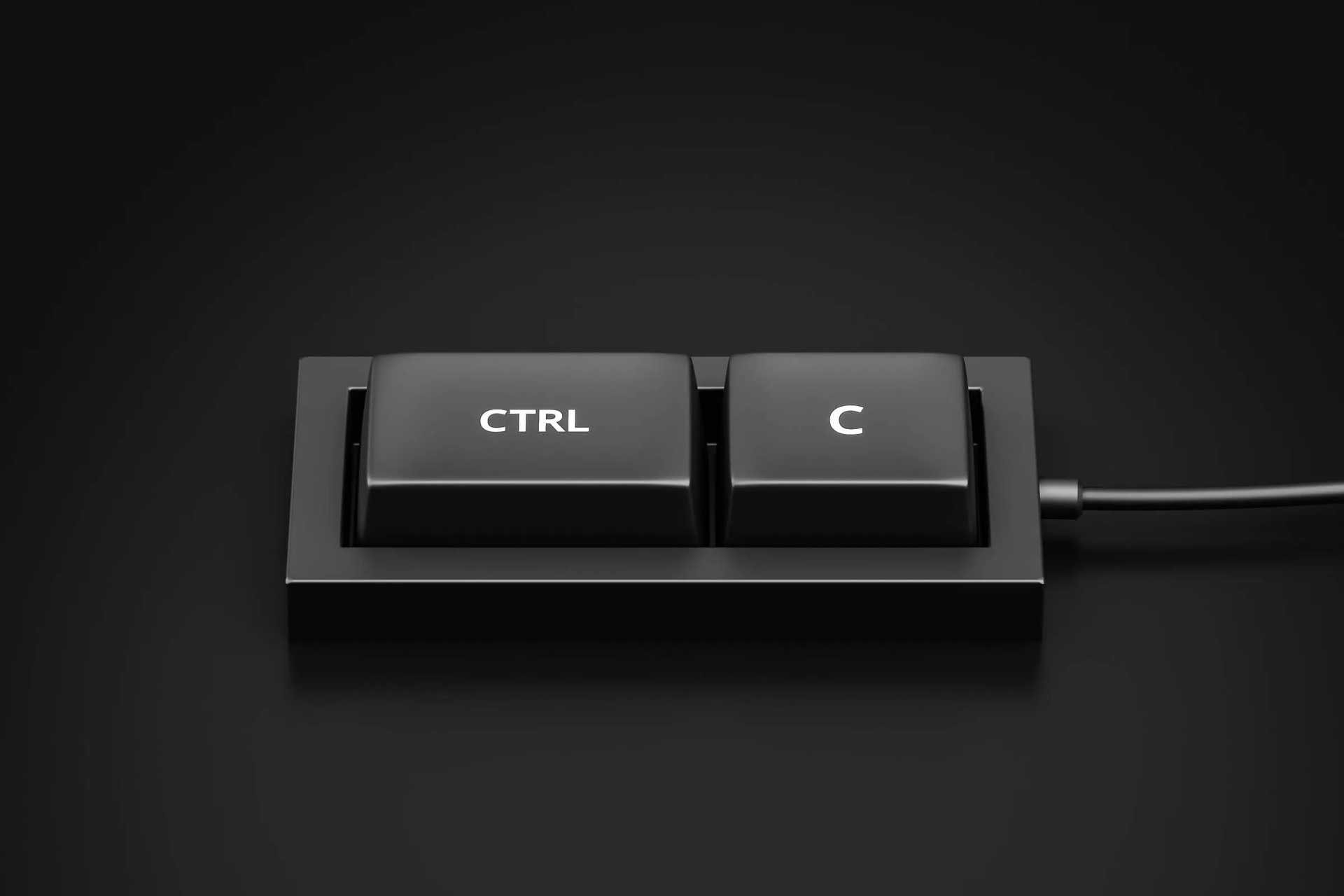
However, while thinking is ChatGPT plagiarism free, keep in mind that Turnitin gets more capable of detecting the use of AI writing tools by the day. If you directly copy and paste content from language models like ChatGPt, it still might be detected. Hence, it might be important to check the detection tools regularly.

